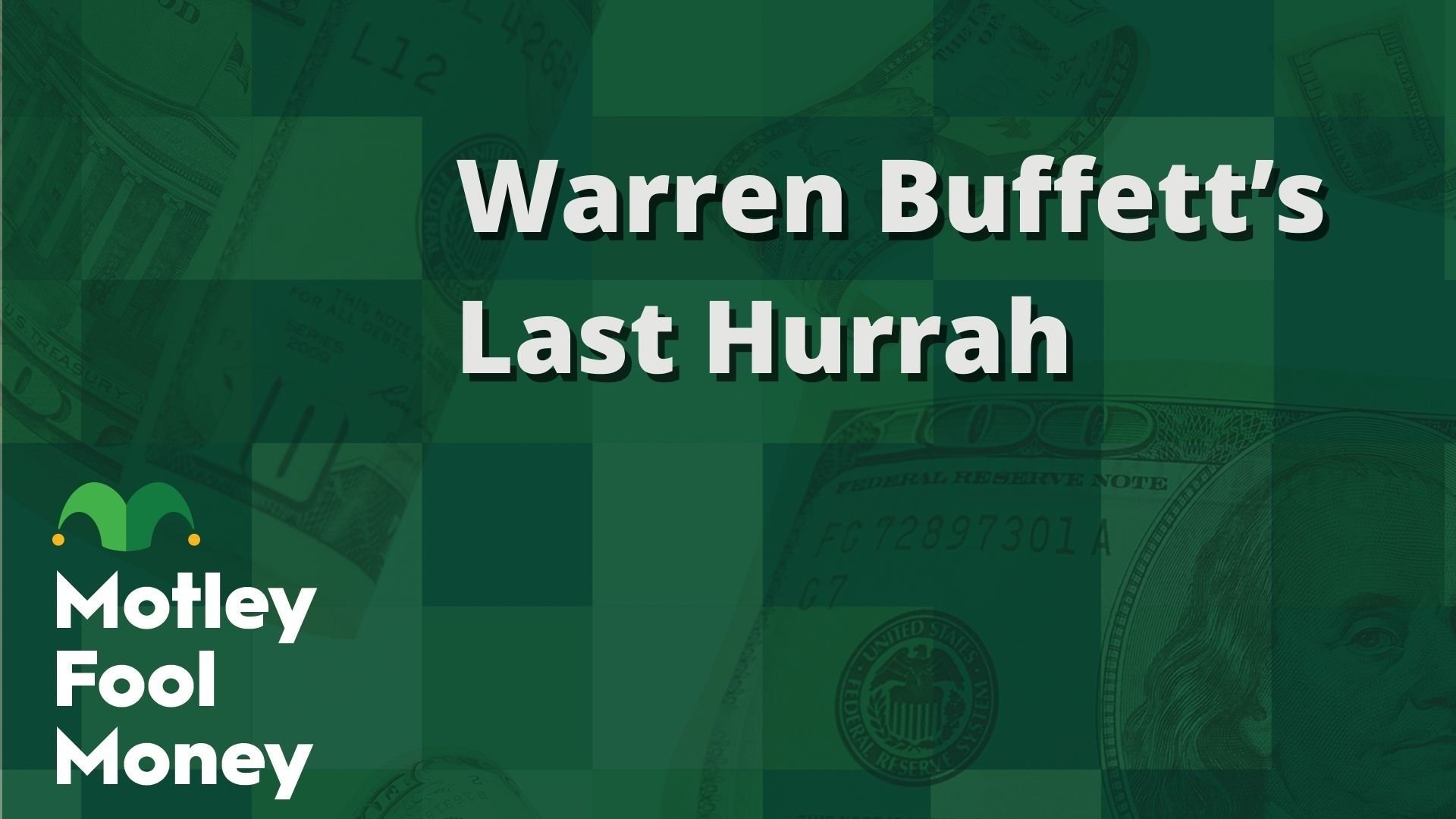
During the 2014 annual meeting of Berkshire Hathaway (NYSE: BRK-A) (NYSE: BRK-B), Carol Loomis of Fortune magazine asked Warren Buffett and Charlie Munger, Berkshire's Vice Chairman, about their biggest weakness. In frank terms, They admitted that they "over-trust" their operating managers.
They are slow to remove inadequate managers, and they don't exercise strict control over the operations or finances of subsidiaries. Below are my notes on Carol's question, along with responses from Warren and Charlie.
Carol Loomis: In an interview in April, you said "I hope we'll get questions that'll probe at our weak points." My question is what are your weak points, and what can you do to address them?
Warren: That would spoil all the fun for the journalists! We point them out, though. I would say if we executed a sweep account for all our subsidiaries some years ago we'd have a few more dollars now. Who knows what they're doing with some of those balances. We are very disciplined in some ways, and sloppy in other ways. A clear weak point, I am slow to make personnel changes. I like our managers. Charlie and I had a friend, couldn't be a greater guy, we were slow to make a change there. how long would you say we went there, Charlie?
Charlie: I don't know, exactly. But returning to the sweep account, reminds me of a friend I knew when I was in the Air Corps. A nurse took blood from a friend of mine, and all of the sudden, the blood stopped flowing. She screamed, and then, all of the sudden, she fainted. Some companies swept every day, but it created a tone that is definitely less desirable than ours.
Warren: Our managers are listening here, don't give that illustration!
We've waited too long on retirement for some of our managers. We will be slow [to make personnel changes]. There will be times where our lack of supervision, we'll miss something. We think that giving our managers the degree of freedom they enjoy and will also accomplish a lot. Someone will come along some days and say "more checks and oversight." Something will happen that wouldn't have happened, and they'll be right. But they can't measure all the good things that freedom will accomplish. We don't have HR department or in-house legal counsel, which would be unthinkable to others, but on balance it's a benefit. When the downside shows up people will say "well, you should have..." And they'll be right in that individual case only.
Charlie: By the standards of the rest of the world, we over-trust. And so far, our results have been far better, because we carefully selected people who should be over-trusted. I think a lot of organizations work better when there is a culture of trust. And in modern organizations, where there are tight controls and monitoring, I think they're going to be worse for it.
Of course, as both Warren and Charlie pointed out, this weakness is also a strength.
They provide operating managers with a lot of autonomy -- they "over-trust." Of course, this can go visibly wrong -- for instance, a manager could abuse their trust, retain more earnings than necessary, make bad investments, etc... But, it has a lot of unseen benefits.
Operating managers that are empowered (and trusted) are more likely to be effective and motivated, and it allows Berkshire to run very lean with a limited corporate staff at headquarters on Farnam Street in Omaha.





